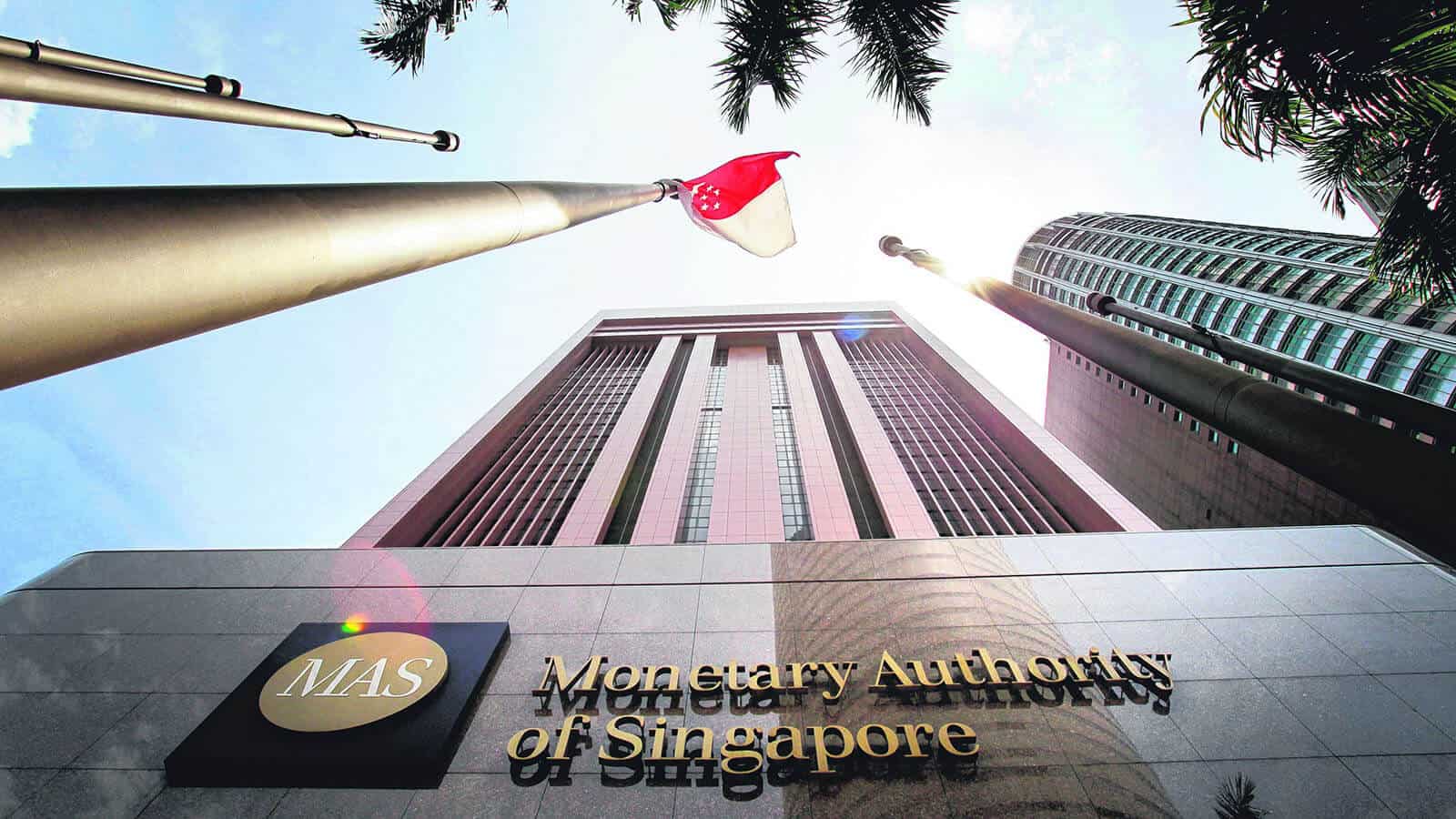China’s top legislature passed the amendment to the Individual Income Tax Law on Friday 31 August 2018. This article explores the main changes introduced by the new legislation.
On 31 August 2018, China’s Individual Income Tax Law (Amendment) was passed by the National
People’s Congress of the People’s Republic of China (PRC). It will be effective from 1 January 2019, although some parts of it – including the minimum threshold for personal income tax exemption – are scheduled to come into force on 1 October 2018.
The State Administration of Taxation is aiming to ensure that most taxpayers enjoy deductions on monthly tax filings. Individuals should provide details of special expense deductions to the relevant reporting agent – normally the employer, who can then apply the appropriate deductions when releasing monthly salaries and preparing the employee’s monthly IIT records. For employees unable to obtain such deductions on a monthly basis, a tax refund can be applied to the following year’s annual tax declaration.
This article explores the main changes introduced by the new legislation.
Redefinition of ‘resident’ and ‘non-resident’
The new legislation redefines the criteria for being tax resident in mainland China as anyone who resides in PRC for ≥183 days in a calendar year (previously, ‘resident’ status required them to have lived there for 5 full consecutive years). Such individuals will be regarded as ‘resident’ and subject to IIT on their global income. A non-resident – who is not domiciled in mainland China, or who has lived in mainland China for <183 days in a calendar year – is subject to IIT only on their China-sourced income.
Inclusion of four types of income for consolidated tax computation
The new IIT Law includes four types of income in the scope of consolidated taxation, to be applied
with standard progressive tax rates:
- Salaries and wages
- Income from personal services (20% deduction)
- Manuscript fees (20% deduction, plus a further 30%, up to a total of 44% of the manuscript fee income)
- Royalties (20% deduction).
Tax residents calculate IIT by consolidated income on an annual basis, while non-residents calculate it
on a monthly or ad-hoc basis.
Optimised tax rate structure
- New consolidated income tax rate: Residents must now report all their consolidated income on an annual basis.
- Adjusted thresholds for lower tax rates: Thresholds for the three lowest tax rates – 3%, 10% and 20% – have been expanded (those of the three highest tax rates – 30%, 35% and 45%– remain unchanged).
- Business income tax rate (for sole proprietors): Based on existing tax rates for manufacturing income, business income, contracting income and sole proprietorship leasing income, the five
level tax rates of 5% to 35% remain unchanged. However, the levels between tax rates have
been enlarged and the minimum threshold applicable to the tax rate of 35% will be increased from RMB 100,000 to RMB 500,000.
Increased minimum threshold for personal income tax exemption
The new IIT Law increases the minimum threshold for personal income tax exemption from RMB
3500 to RMB 5000 per month or RMB 60,000 per annum. The RMB 5000 minimum threshold could
be adjusted from time to time.
Additional special expense deductions
In addition to existing allowable deductions, such as basic pension insurance, basic medical insurance, unemployment insurance, housing provident fund, the new IIT Law introduces further special expense deductions, including children’s education, caring for the elderly, continuing education, treatment for serious diseases, housing loan interest and rental.
The State Council will later announce the criteria, amounts and execution procedures for these additional special expense deductions.
New anti-avoidance rules
For enterprise income tax, the new IIT Law introduces anti-avoidance rules that empower the
tax authority to make tax adjustments in certain circumstances, such as:
- an individual’s transactions are unreasonable and not on an arm’s-length basis
- an individual reduces their tax burden by deploying a foreign tax haven
- an individual enjoys tax benefits by involving unreasonable commercial arrangements.
Apart from affecting Chinese residents, the new IIT Law will have a significant impact on foreign expatriates working in China and residents of Hong Kong, Macau and Taiwan who are working in or retiring to China. Under the new legislation, anyone residing in China for ≥183 days in a calendar year will now be regarded as tax resident and their global income – including salaries and wages, business profits, bank interest, dividend income, rental income, gain on disposal of properties, or even incidental income– will be subject to PRC IIT.
If foreign tax has already been paid on that income, the resident may be eligible to claim tax credit to offset part of the IIT. Furthermore, a committee member of the National People’s Congress has revealed that special arrangements are anticipated whereby Hong Kong and Macau residents will enjoy a 5-year exemption, and the new definition of ‘tax resident’ will not be applied to them before 2024 at the earliest. However, enforcement details await further government clarification.
Related Posts
Mr Paul Wan honored by International Accounting Bulletin
Morison KSi has announced that it has rebranded as Morison Global. This rebrand celebrates the…
Accounting fraud takes a new dimension in China
China’s biggest accounting firm Ruihua CPA’s is being investigated by the China Securities Regulatory Commission…
New S$75m grant to enhance Singapore as an enterprise financing hub
Singapore, 14 January 2019 – The Monetary Authority of Singapore (MAS) will launch next month…
Singapore’s first cybersecurity framework
The much discussed Cybersecurity Act 2018 (the Act), which was passed by the Singapore Parliament…













